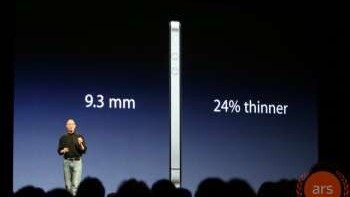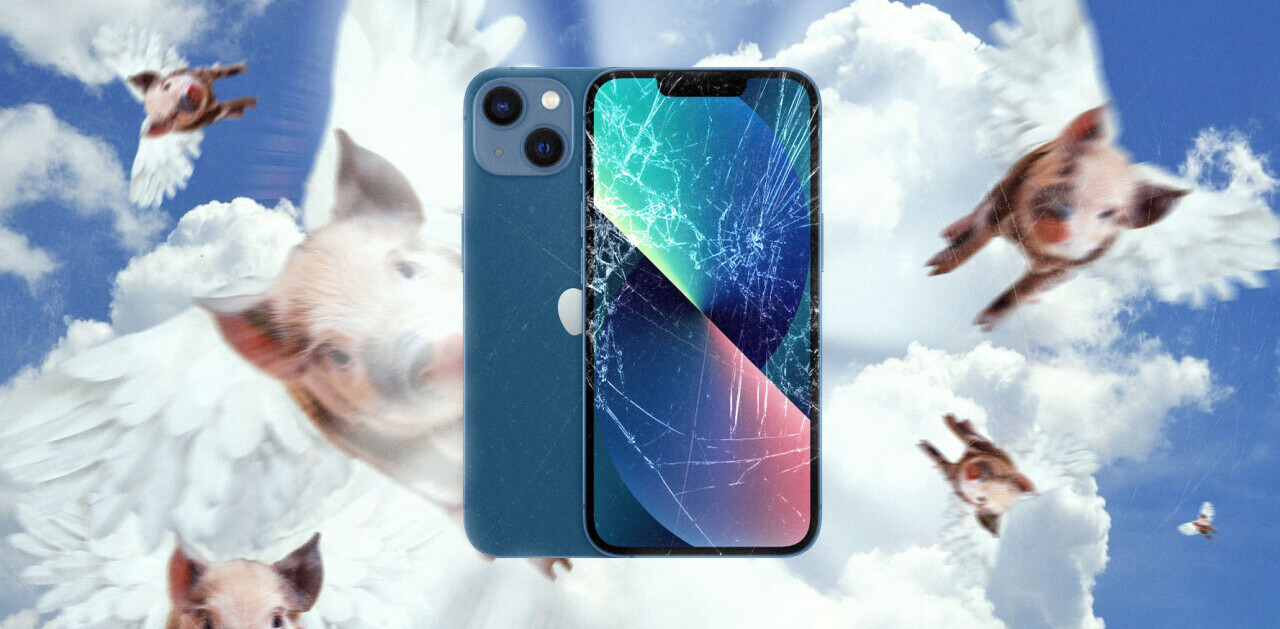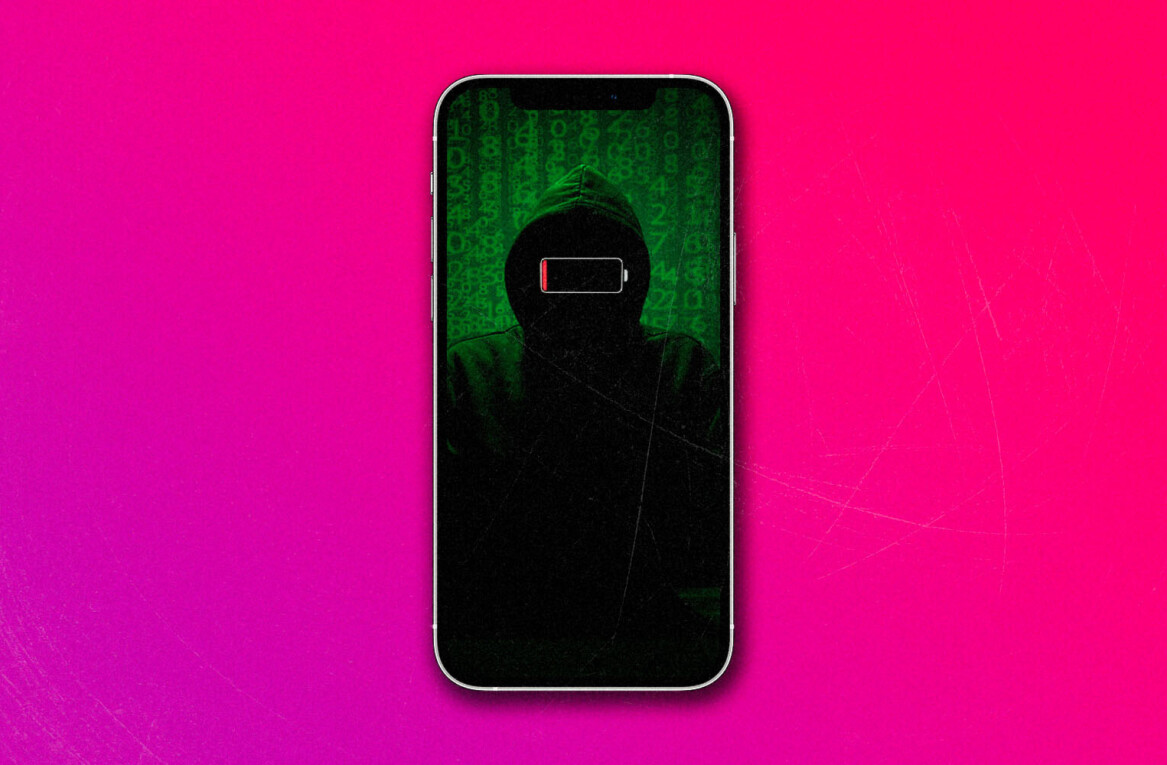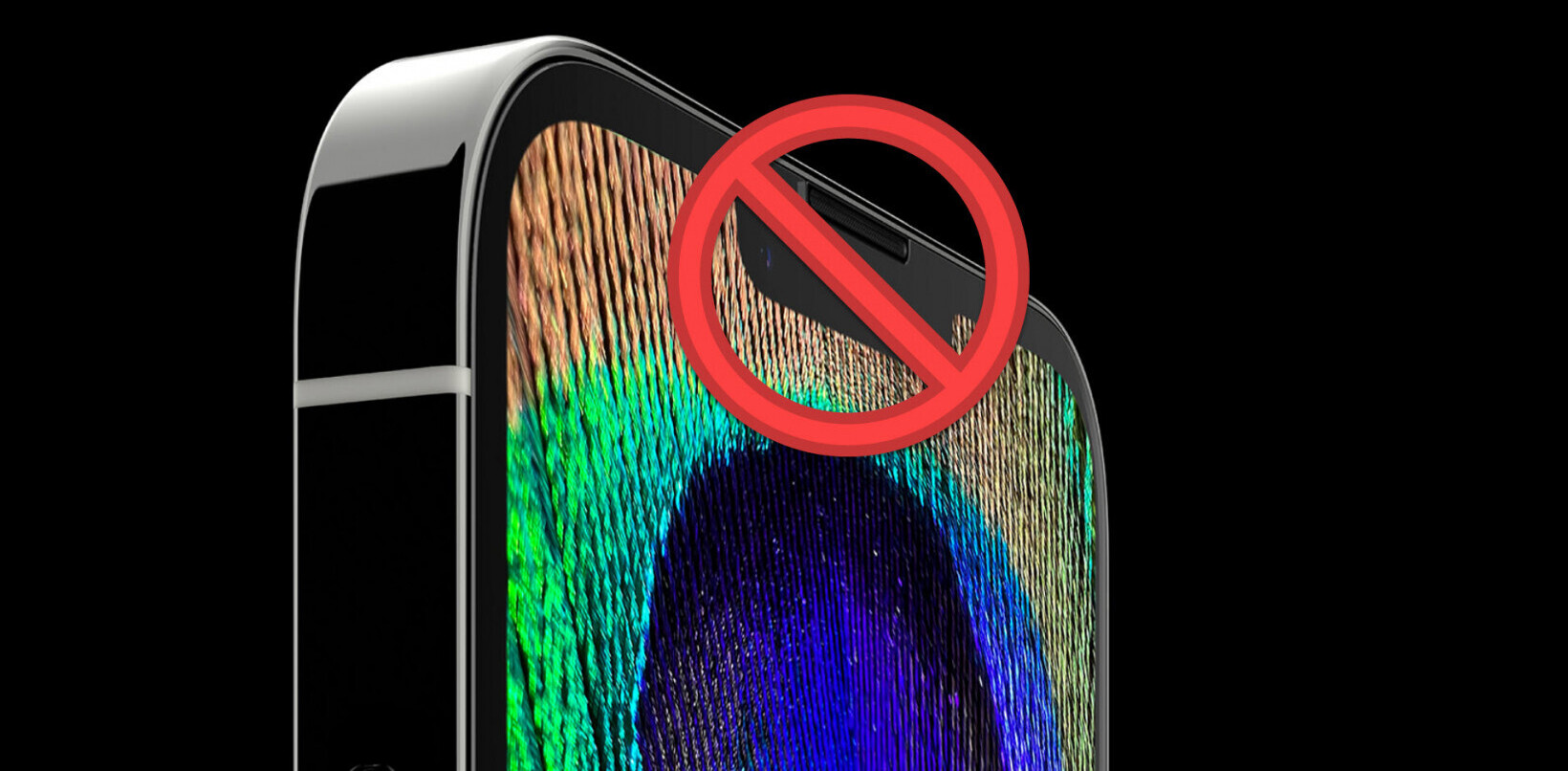
We’ve all been waiting to hear about the newest iPhone. There was much talk of the name, and here we go: the iPhone 4.
The new features abound on the iPhone 4. Here’s what we know:
Physical
- Microsim now standard
- Full stainless steel body with glass front
- Proximity sensor for dimming control and auto answer
- 24% thinner than previous 3GS
Now, as for those mysterious lines, Jobs explains that they are part of the structure of the phone. They are in fact part of the antenna system, integrated into the new stainless steel structure of the phone.
Display
- New ‘retinal display’
- 960×640 resolution
- Only 22% fewer pixels than iPad
4x greater pixel density, in a new “retinal display” on the new iPhone will create incredibly sharp text. According to Jobs, “there has never been a display like this”. The text will appear as you would see it in a fine printed book “unlike anything you’ve ever seen in an electronic display”.
 There is apparently no scaling of any of the interface elements, so there is no loss in size. All of the elements simply look sharper than they did. 326 pixels per inch at a 960×640 resolution. It’s not a true HD format, but it’s very close. That amounts to 78% of the pixels of an iPad, carried in your hip pocket.
There is apparently no scaling of any of the interface elements, so there is no loss in size. All of the elements simply look sharper than they did. 326 pixels per inch at a 960×640 resolution. It’s not a true HD format, but it’s very close. That amounts to 78% of the pixels of an iPad, carried in your hip pocket.
Jobs suggests that, though the new retinal display will increase the clarity of existing art, developers should spend some time on artwork.
Internals
- New battery
- Quad-band radio
- 3-axis gyroscope
- Proximity sensor
Speaking on the internals of the new iPhone 4, Jobs points out a new battery, that gives 7 hours of 3G talk, 6 hours of 3G browsing, or 10 hours if you browse over WiFe. 300 hours of standby time should be enough to please eve @Zee.
Peak transfer speeds, on the quad-band HSDPA/HSUPA network should reach 7.2 mbps down, and 5.8 mbps up, theoretically.
Another incredibly cool feature is the addiction of a 3-axis gyroscope. The new feature will allow developers to work with pitch, roll and yaw, as well as rotation about a gravitational point. 6-axis motion sensing will open up an entirely new world.
There are some other sensors, as well. Proximity (like the Motorola Droid) will allow display dimming and auto-answer. A compass and ambient light sensors are also integrated.
Camera Changes
- 5 megapixel rear camera
- VGA front-facing camera
- 720 HD recording
- iMovie for iPhone
 Camera features are now updated with a back-side lightning sensor that will allow better capture of night photos. As Jobs states: “megapixels are nice, but what cellphone cameras are really about is capturing photos and low-light photography”. Tap-to-focus and the rumored LED flash are also included.
Camera features are now updated with a back-side lightning sensor that will allow better capture of night photos. As Jobs states: “megapixels are nice, but what cellphone cameras are really about is capturing photos and low-light photography”. Tap-to-focus and the rumored LED flash are also included.
HD video recording is another question that has been answered. Full 720p at 30 frames per second will likely be a nail in the coffin to products such as the Flip Mino.
But you can also use a built-in port of iMovie to edit the files directly on your iPhone. The entire market of mobile video has just changed. Now you’ll be able to add transitions, photos and even music to your creations, on the fly. Geolocation features will tag your movies and you can add that information to the file.
The surprising note? iMove for iPhone will cost $4.99.
With a wealth of new features, could this be what saves AT&T? Time will tell, but the carrier had best get moving on beefing up the network just that much more.
Get the TNW newsletter
Get the most important tech news in your inbox each week.





